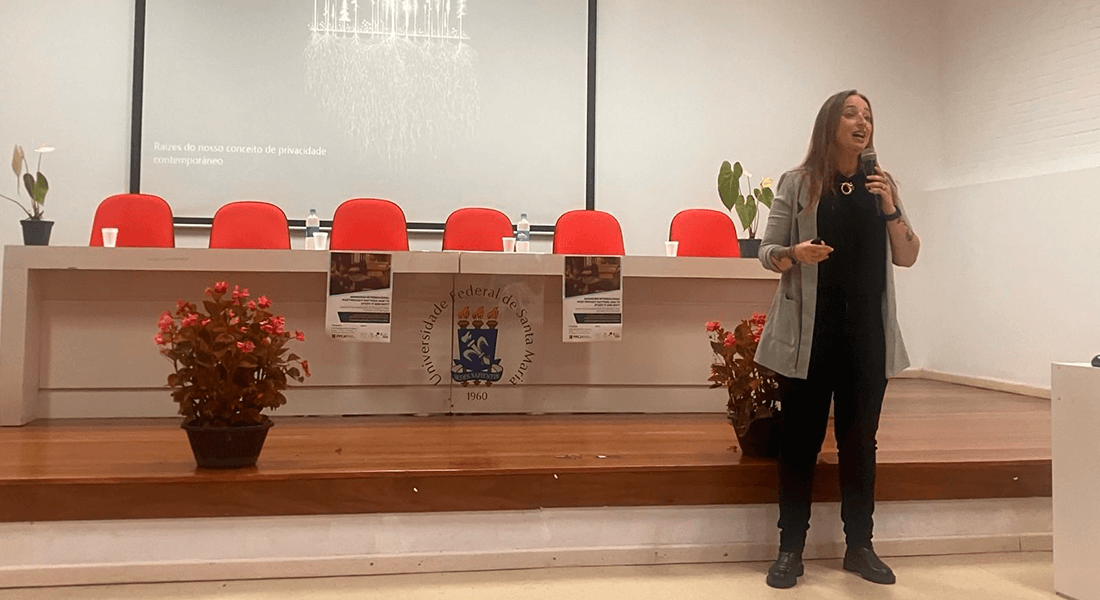Natacha Klein Käfer: Health and privacy from a historical perspective
Meet Natacha Klein Käfer, an Assistant Professor in the Section of Church History, Faculty of Theology, University of Copenhagen. In this spotlight, Natacha shares her experience on researching health and privacy from a historical perspective, bringing history closer to our current global health debates.

Tell us about your research
My research focuses on the intersection between health and privacy from a historical perspective. I investigate how people in the past protected their health information when there were no laws in place to safeguard it. I also look into how people kept cures and medicines as private knowledge. I examine these intersections as the HEALTH research theme leader at the DNRF Centre for Privacy Studies. I am particularly interested in the early modern period (1500-1800) as a formative moment in our current conceptualization of privacy and when medicine developed as a distinct scientific field and more standardize profession.
Why is this research important?
Nowadays, we tend to think about privacy in terms of data and its exploitation in technological developments. However, protecting private information has been an important issue for people across centuries. How did they navigate these concerns in different contexts and cultures? What can we learn from what people wanted to protect and from whom? How have past circumstances shaped our current global health landscape? My research aims to bring history closer to our current global health debates so that we can have a more informed and nuanced understanding of privacy and healthcare.

What excites you about your work?
Historians can lend important hindsight to societal issues. During the COVID-19 pandemic, I was researching how early modern apothecaries would keep their recipes as secrets so the competition would not be able to replicate their remedies. Seeing some contemporary companies refusing to allow people to replicate respirator equipment that could be 3d printed to save lives because of copyright infringement led me to consider how we moved from early modern secrets to intellectual property rights as ways that people could guarantee profit from healing others, as well as the ethical discussions surrounding this issue across time. Understanding the motivations, strategies, and consequences of these historical processes can help us face our current legal setting, which can impact access to medicines across the globe. This is at the core of a research proposal I am pursuing currently, which I hope can become a bridge between the past and the present.
My main goal is to highlight the importance of history in global health debates. Hopefully, I can make it closer to reality with my future project.
What advice do you have for junior researchers in global health?
My core advice is to open yourself up to interdisciplinary experiences. Receiving input from fields that can be connected to your research in unexpected ways provides such academic enrichment and prevents insular perspectives that could stifle the reach of your research. Reaching out to researchers from different cultural backgrounds is also key to making global health truly global. Situating your insights into a broader disciplinary and geographical landscape will only add value to your research results and ensure that they have an impact beyond your academic community.
What is your favourite source of global health inspiration and knowledge?
I feel like historical sources are incredibly inspiring to think about global health. Examining testimonials of how people in the past thought about their health, illnesses, and cures broadens our understanding of how humans can make sense of the processes of living, healing, and dying. It provides an open lens that allows us to be more empathetic and effective in discussing and implementing global health solutions with respect to a variety of cultural backgrounds.
Contact
Natacha Klein Käfer
Assistant Professor, Section of Church History, Faculty of Theology
